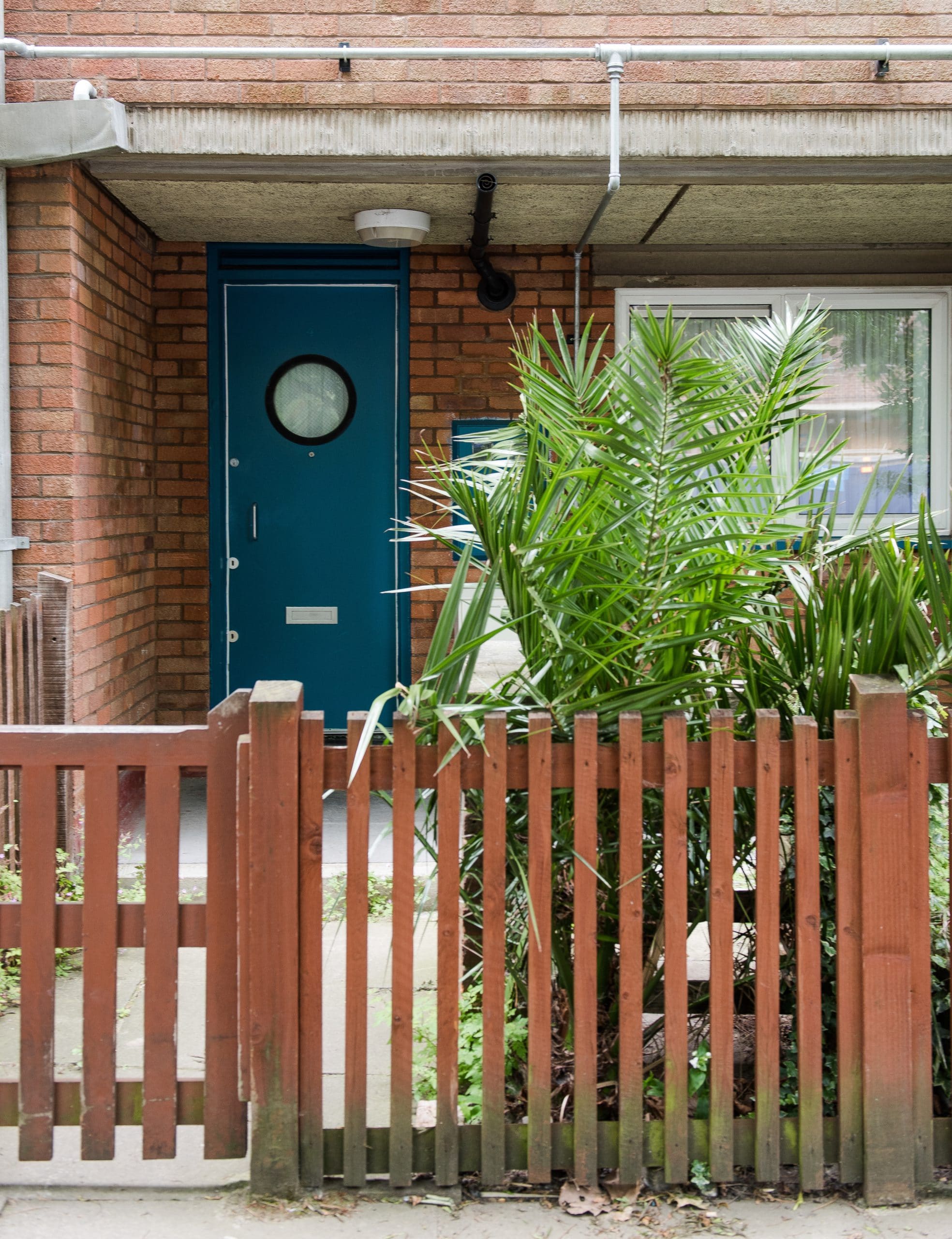
A new report by the TaxPayers’ Alliance has uncovered that councils across the UK have spent £74 million over the last two years maintaining and securing more than 6,000 empty properties.
Empty property, that is no longer used by local authorities, include former schools, council offices, business spaces and other commercial properties. The fee comes from the cost of security, maintenance, insurance and refurbishment.
Alliance chief John O’Connell said: “Councils have a duty to maintain empty properties for future tenants and owners, so of course some costs will be involved.’”
“Many people will be startled by the total cost of maintaining empty property and want an explanation as to why these have not been used or sold by the council. At a time when families are struggling with the cost of living, it is important that local authorities do all they can to ensure that they are making decisions with taxpayers in mind.’
Growth in Property Guardianship Within Local Councils
A recent report by DEX Property Management found that Local Councils are increasingly turning to Property Guardians as a cost effective, efficient and flexible way of securing empty property.
For the uninitiated, Property Guardians live in empty commercial, residential or public owned buildings that have been converted into temporary, unique living space. In return for a low monthly fee, often significantly cheaper than traditional rent, they secure and protect the property from vacant risks and ensure it remains in meaningful use.
The benefits of Property Guardianship don’t just lie with the Guardians. Property Guardianship offers a range of benefits to building owners and council decision makers too. This includes security, a steady flow of people entering and leaving the property on a regular basis to deter squatters and burglars. Property Guardians also oversee the condition of the building and report any faults. There’s no need for expensive security guards or maintenance contractors to ensure buildings do not fall in to a state of disrepair, which can save councils £10,000’s.
With much criticism often levied at council decision makers and decisions scrutinised, it doesn’t make sense that council owned buildings are left empty. If those buildings can be put to good use, and offer affordable accommodation at little or no cost to the councils then why not? In the current economic climate, it’s especially important that decision makers demonstrate accountability for budgets and the usage of public buildings. Property Guardianship can, in most cases, be a zero-cost solution for local councils and can in many cases even generate a revenue.
The Solution – Property Guardianship
Property Guardianship offers a win-win solution to empty council property security issues, discusses Rogier Donkersloot, Managing Director at one of the UK’s leading Property Guardianship providers, DEX. “There’s a lot of empty property floor space across the country that could be utilised for affordable housing. I believe Property Guardianship is a solution that makes both social and economic sense. It’s an option that benefits the council, taxpayers and those in need of affordable accommodation.”
“We are able to turn most properties in to habitable and comfortable living spaces. Our experienced team will aim to get most properties fit for Guardians within 10 days of inspection, normally at zero cost to the council or property owner. All that we ask is that a building is able to provide running water and electricity and that the property is water and windproof.”
“Whether empty property is commercial, residential or going through a regeneration process the risk of squatting, vandalism and dilapidation remains the same. Boarded up buildings are unattractive to local communities. They attract antisocial behaviour and don’t demonstrate accountability of empty property. DEX Guardians’ bring the buildings back into meaningful use, benefitting the whole neighbourhood. They mitigate vacant risks and can turn what would be a security cost into a revenue opportunity. They also provide the council with flexibility for vacant possession.”
[button url=”https://www.dexpropertymanagement.co.uk/case-studies/empty-property/” text=”Case Study – Council Turns Risk into Revenue”]
Secure Your Empty Property
Property Guardians provide a multi-levelled solutions for securing empty property. Live-in Property Guardians protect against threats such as squatting and dilapidation. They also deter vandals and thieves from targeting empty property for lead, copper and other metals.
Securing your property through occupation provides a highly effective solution and it is at zero cost to the property owner. In some cases, it can even provide a revenue. If you would like further information about how Property Guardians could help protect an empty property you own or manage please email propertyowners@dexpropertymanagement.co.uk







